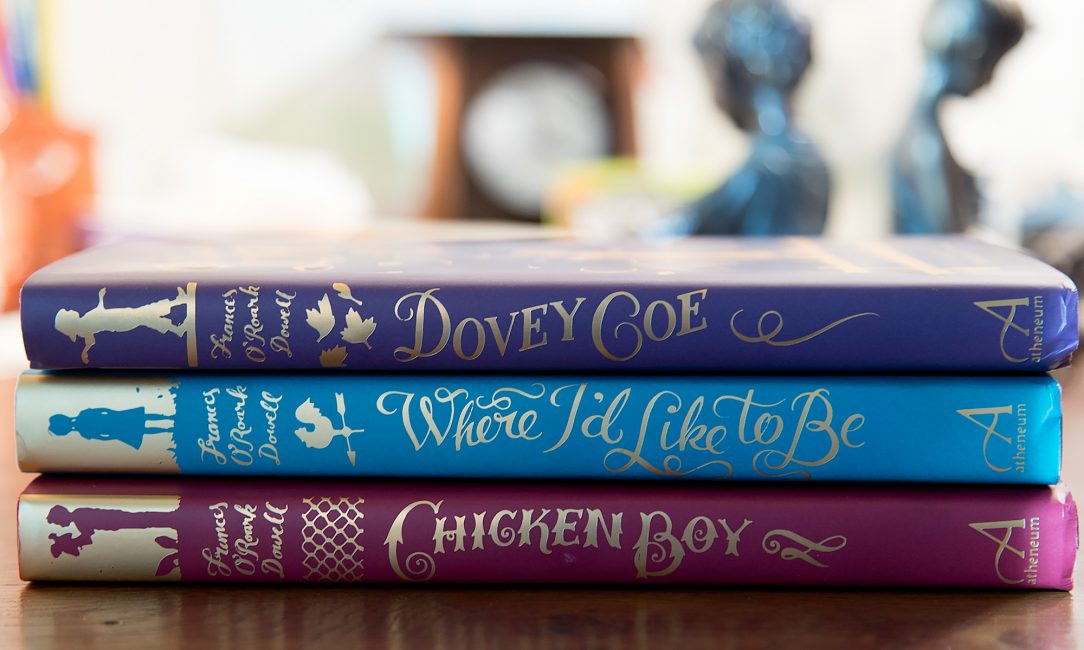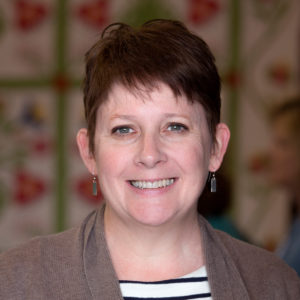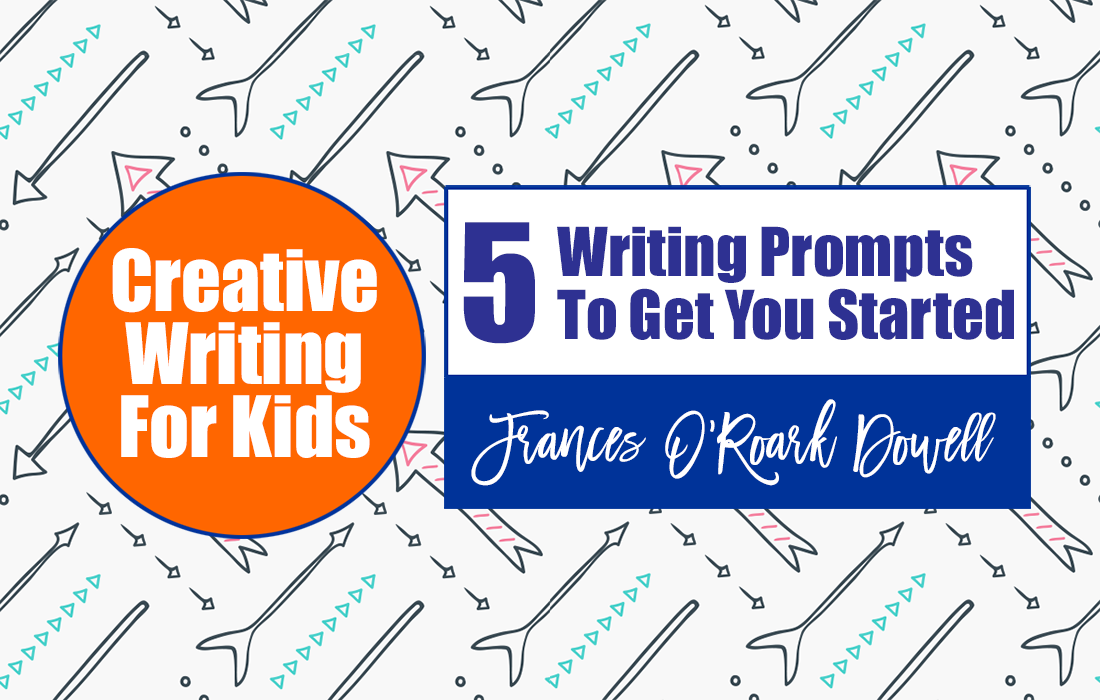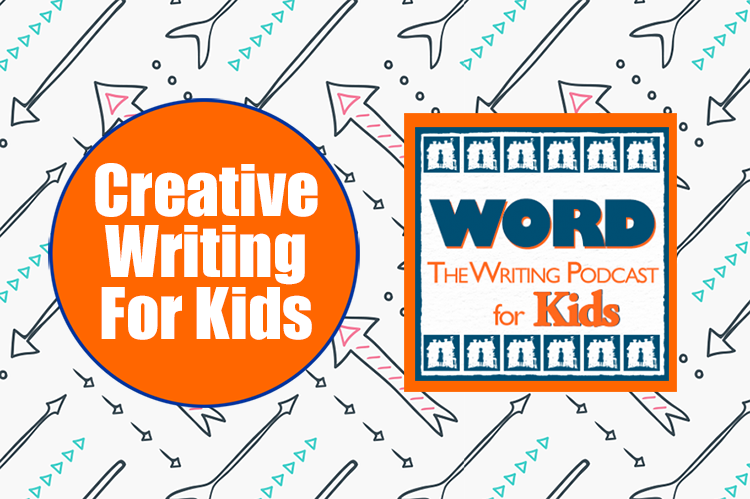

What Writing Advice Do You Have for Young Writers? So Glad You Asked!
By Frances O’Roark Dowell
First, let me begin with a scene. In this scene, you, the writer, suddenly have a great idea for a story. You rush into your room, grab your notebook or your laptop and start writing.
“When Tanesha Jones got home from school on Friday,” you begin, “nobody was there. In fact, nothing was there–no car in the driveway, no furniture in the living room, no food in the fridge.”
This is going to be a great, you tell yourself! What an amazing idea for a story! You are buzzing with creativity! You write a couple more paragraphs about Tanesha’s empty house. You write about Tanesha’s family, about the fight Tanesha had with her mom that morning before she left for school.
And then you stop. You’re stuck. You’ve laid the foundation of your story, but you don’t know what to do next. There are so many possibilities! How do you choose? Where do you go? How does this writing thing work anyway?
This describes me at age ten. I had so many great ideas. Young writers have more great ideas in ten minutes than us old fogeys have in a week. What they often don’t have are the skills they need to get past the initial idea and really build a story.
I believe these skills can be taught. I do a writing workshop for kids where we build a complete first draft of a story in three hours. We talk about how the beginning of a story is like a door you open to your reader (“Hello! Come in, you’re going to like it here”), how stories are like journeys, and the most interesting journeys have bumps in the road.
We talk about the importance of reading like a writer (how does this author begin her story? What are the bumps in the road in the first Harry Potter book?) and writing like a reader (what pulls you into a story as a reader? What makes you keep reading? What causes you to put a book down?).
The workshops are intense. Most of these kids have never spent such a concentrated period writing. But at the end, they’ve written a story. They know what questions to ask themselves to get their main character from one point in the journey to the next. They have tools they didn’t have before.
When teaching or writing or talking to my own kids, I try to remember what I felt like when I was ten, eleven, twelve. (I wrote The Secret Language of Girls because that’s the book I was looking for in fifth grade). When I do creative writing workshops, I think about what I found frustrating as a young writer. That’s my starting point as a teacher.
I know so many kids who love to write and who are ready for a serious discussion about how stories are made. In my workshops, I can only work with twelve kids at a time. But by posting writing advice for young writers on the internet, I can reach hundreds (thousands! The whole wide world!).
I hope you’ll let me know what you think.
Frances has taught Creative Writing for Years…
 Even before Frances became a novelist and published such critically-acclaimed books as Dovey Coe, The Secret Language of Girls, Trouble the Water and Shooting the Moon, she earned a Master of Fine Arts in Creative Writing from U-Mass Amherst and taught writing at a college. For years, she was also the editor and publisher an arts magazine for kids, which was chock full of exercised teaching creative writing for kids, interviews with authors, writing prompts, poetry contests… — you name it!
Even before Frances became a novelist and published such critically-acclaimed books as Dovey Coe, The Secret Language of Girls, Trouble the Water and Shooting the Moon, she earned a Master of Fine Arts in Creative Writing from U-Mass Amherst and taught writing at a college. For years, she was also the editor and publisher an arts magazine for kids, which was chock full of exercised teaching creative writing for kids, interviews with authors, writing prompts, poetry contests… — you name it!
Frances has continued to work with students — both in the workshop setting and as well as during school and library visits. She has judged student writing contests for publishers such as Scholastic, and had the honor of presenting awards to student winning of state-wide awards.
Frances teaches writing workshops locally and works privately with a group of advanced older students. Now she has decided to post some of the lessons she has developed over the years to help kids learn creative writing.


